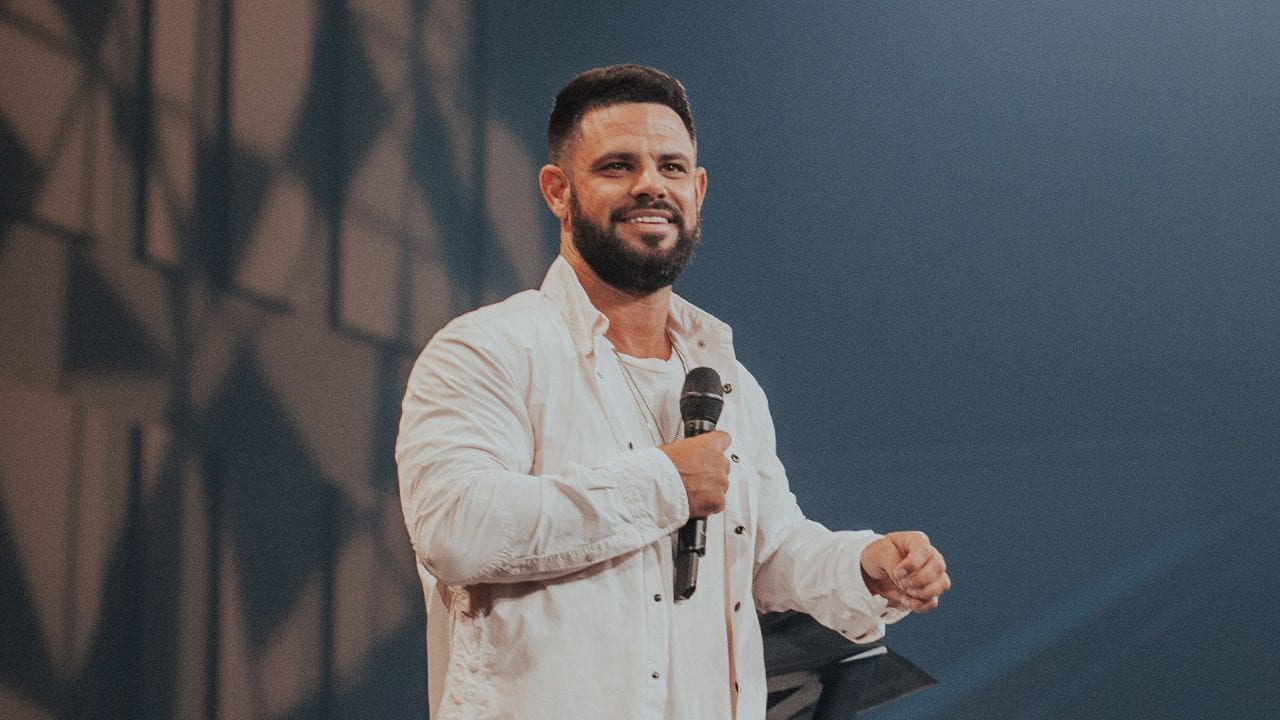- What’s the most surprised you’ve ever been by the ending of a movie or book?
- Pastor Steven and his sons almost got trapped on a sandbar. If you were trapped on a sandbar, would you rather be trapped alone for two days, or trapped for one day with the most annoying celebrity you can think of?
- If you could live inside any story (movie, book, fairy tale, Bible story, etc.), what would you choose?


